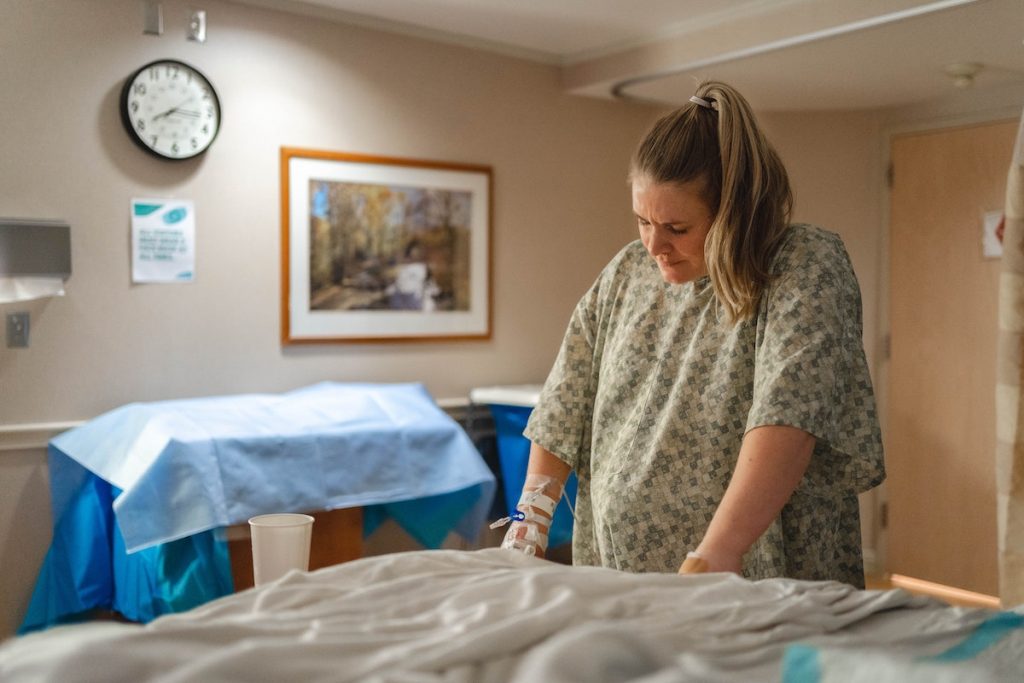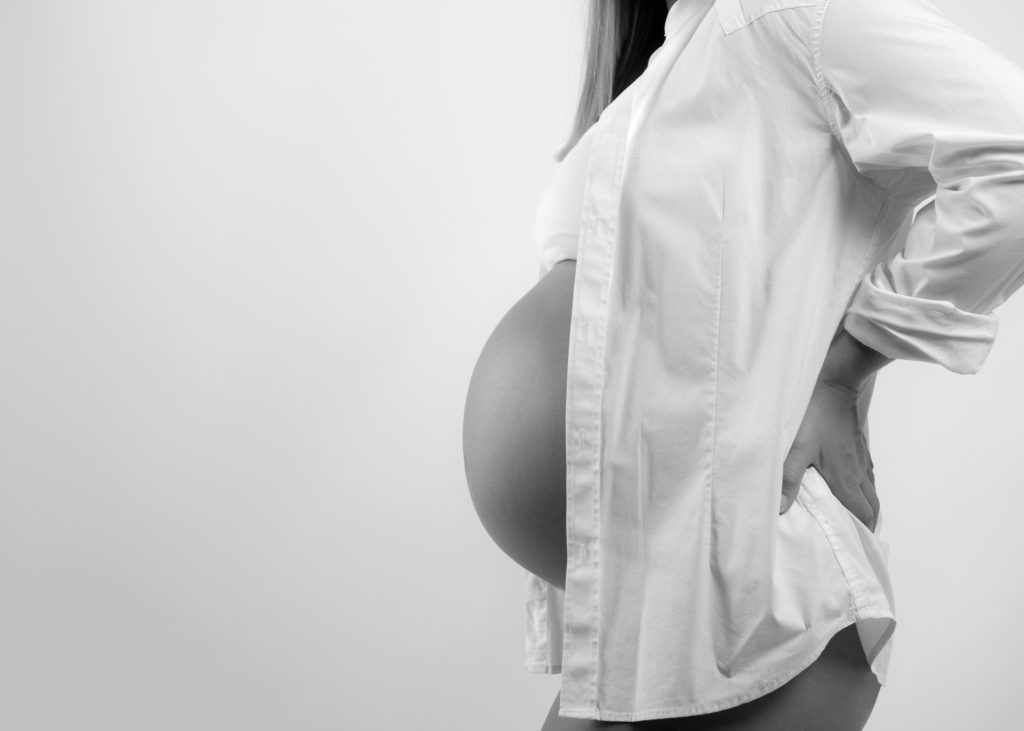You probably feel a little nervous about your upcoming c-section delivery, but you shouldn’t be too worried. After all, your doctor and the nurses will be there to help make sure that everything goes smoothly, and if there are any problems, they’ll be able to handle them before they get out of hand. What you can do to ease your mind, though, is make sure that you pack your hospital bag carefully with these things to pack for your c-section delivery. You never know what might come in handy once you get to the hospital! Let’s go over the million-dollar question: What to pack in your hospital bag when having a baby?
Going Home Outfit
Once you are stitched up, it’s time to prepare for discharge. Some hospitals will ask that you bring something comfortable and warm for the ride home. Pack a long-sleeved tee shirt, sweatpants, or leggings if you are feeling any pain. You may feel chilled from the waist down, so warm slippers or fuzzy socks will do the trick too. Just remember your panties! Make sure they are comfortable enough to wear and that they don’t come near your incision. There are specific panties that are made just for c-section recovery. You can easily find these on Amazon.
Hospital Bag Essentials
A cesarean delivery (c-section) will be necessary if you are experiencing a high pregnancy risk, premature labor, or cannot move freely. In order to start your hospital stay as smoothly as possible, you must have all the necessary items. Some things you will need for this procedure include a nightgown with sleeves, nursing bras, panties and socks, toiletries and toiletry bags, a cesarean birth plan, ID and insurance cards, or information on the carrier’s insurance policy. Some hospitals may require you to remove your contacts before surgery, so bring a pair of glasses if you need them.
For baby, you will simply need a going-home outfit and a couple of onesies or baby gowns in case your hospital stay is longer than expected. Because hospitals tend to be a little cooler due to air conditioning settings, you may also want to bring socks and swaddle blankets for your baby. The hospital gives your baby baths, so you don’t need toiletries for baby. Also, the hospital will provide diapers and wipes, so you don’t need to pack those.
When You Get There
Once you are at the hospital, in the delivery room, it is time to get ready for surgery. Follow these steps: The nurse will give you an examination and then ask if you want your husband or support person in the operating room with you. It is essential for your spouse or significant other to be by your side during this crucial time. Next, a doctor will talk with you about anesthesia options, but it is not too late to change your mind and request a different method of pain relief. Nurses will also help you put on a gown that opens in the back and provides ample access for surgery. You can also have family members come into the operating room and watch what’s happening through glass windows.
Keeping Clean
When you are ready to go home from the hospital, you will most likely be wearing your own clothes that have been washed. Make sure to bring a couple of different options of clothes for going home – like comfortable pants and a top.
Pack toiletries that you can use for two to three days. This includes shampoo, conditioner, deodorant, body wash, soap, and toothpaste (plus any other things you may need). It is easier not to bring your whole vanity, so stick with one or two moisturizers and makeup products rather than several foundations or mascaras. A pair of shower slides are also great to make you feel comfortable inside a hospital shower.
Hydration & Pain Relief
Talk with your doctor about medicines you can take during your hospital stay. You may be able to take pain medication and antibiotics at home and when you’re ready for discharge, ask if you can have a prescription for them so you can get on the right medicine quickly. A lip balm or chapstick will help keep your lips moist while healing, as well as something cold (such as a popsicle) that can give you some relief from postoperative discomfort. If you’ve been told that hemorrhoids will happen postpartum, be sure to pack an anal suppository and ask about constipation issues with your doctor.
With all the other preparations that are needed for a hospital stay, it can be challenging to figure out what you will need. Adding this checklist to your list of things to do before your scheduled date is a good way to ensure that you are ready for any and all outcomes.



